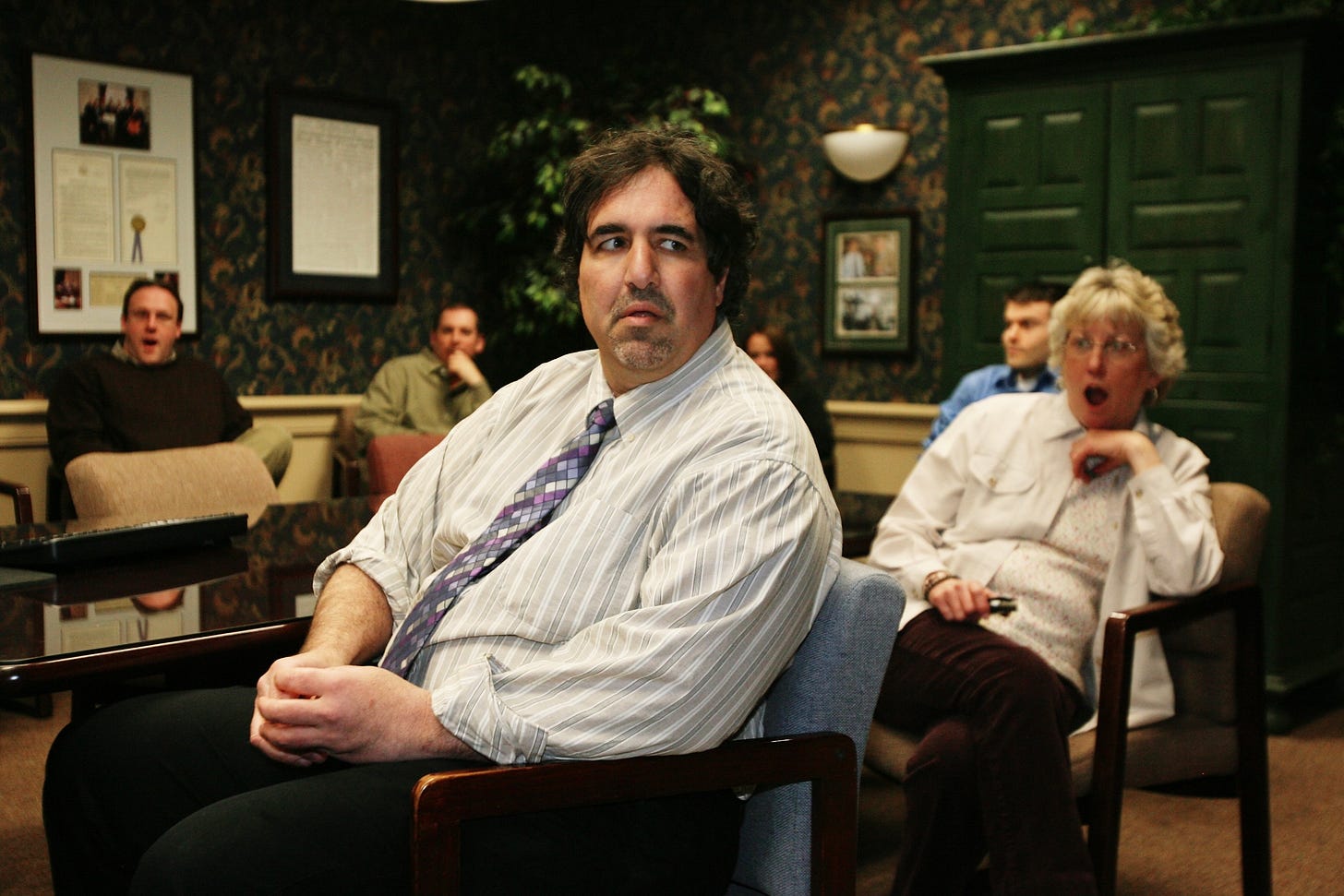Pulitzer Prize honor shows that great journalism is still happening in small towns
Eighty percent of car sales in Norway last year were electric
By Ken Tingley
If you are worried about journalism and who will cover the local news, if you are concerned who will hold the politicians accountable, if you wonder most importantly of all who will tackle the problems your community is facing, then here is a glimpse into the future.
On Monday, AL.com was on the list as a Pulitzer-Prize winner. The Pulitzer is the Academy Award of journalism. It is the mostly unrealized goal of most serious journalists.
And Monday’s results were littered with the usual winners from the New York Times, Wall Street Journal, Washington Post and Los Angeles Times.
And two for AL.com.
I was not familiar with this organization or its recent history.
AL.com is an online product of Alabama Media Group. It is owned by Advance Local, a national newspaper chain that until recently published The Birmingham News, Mobile Press-Register and The Huntsville Times.
But here’s the future: In February, Advance Local’s editor announced the newspaper would stop printing three of the biggest newspapers in Alabama. It blamed changing reader and advertiser habits. Essentially, retail advertising was plummeting and circulation had been crashing for years.
The newspaper chain was going all in on a state-wide digital product - AL.com.
But here is the ray of hope. Editor-in-chief Kelly Ann Scott told the New York Times that its 110 journalists were more today than it had five years ago.
That’s a modest newsroom number to cover a big state like Alabama, but compared to the New York Times (over 2,000 journalists), Washington Post (over 1,000) and Wall Street Journal (approximately 1,800), it is spartan.
For reference, The Post-Star in Glens Falls, N.Y. peaked at about 45. It now has less than 10.
AL.com mobilized a four-person team in 2022 after getting tips accusing a local police force of aggressive tactics to increase its revenue. The series won the Pulitzer for local reporting and led to the resignation of the local police chief, a state audit and four new state laws.
Not bad.
This was local journalism being practiced in a small town. You don’t hear about those stories nearly enough. Consider some of the headlines for the stories:
January 19, 2022: Police in this tiny Alabama town suck drivers into legal ‘black hole’
January 20, 2022: Pastor, sister say rogue Alabama police force sought revenge
April 26, 2022: Inside the remarkable rise and fall of Alabama’s most predatory police force
February 1, 2022: Drivers tell Brookside horror stories; call for restitution, dissolution
January 27, 2022: Brookside police patrolled social media, threatening town’s critics
February 20, 2022: ‘Just passing through’ Brookside left scars, fear of Alabama
December 27, 2022: Time passes but the sting of a Brookside arrest endures
Brookside, Alabama is a small town like many small towns around here. Its population is just over 1,200.
This is the type of story that goes unnoticed and unaddressed in so many local communities, but not by AL.com.
“Local journalism matters so much right now in America,” Editor Scott told the New York Times. “It’s so great to see stories and commentary like this by people who love the places they’re from come to the national conversations.”
Here’s another thing to consider. During the pandemic, AL.com journalists all worked from home and it has still not put in place a return-to-office plan.
So when the Pulitzer Prizes were announced Monday, there was no champagnes celebration at the office. There was no office.
For investigative editor Ashley Remkus, it didn’t matter.
“Whether it’s coming in the form of a newspaper or whether it’s coming online, it’s the journalism that matters,” Remkus said. “And I don’t think that the delivery method is stopping us from doing that work.”
It gives me hope, that there is still a future for journalists.
Father and son
What drew me to the story of AL.com’s Pulitzer Prize was the human interest headline: “Father-son duo in Alabama wins Pulitzer.”
John Archibald and his son, Ramsey Archibald, were part of a four-person team that won a Pulitzer Prize for local reporting on Monday.
“It’s a great honor,” the father told the New York Times. “And to do it with your kid - I’m telling you, that’s gold.”
During 2017-18, my son Joseph and were both editors of newspapers. I was editor of The Post-Star and he was editor of his college newspaper The Campus.
He led a team of investigative reporters that exposed failures by his college to properly address sexual assaults on campus. It was a great journalism. He had a future, but he was realistic and saw the cutbacks first-hand in my newspaper.
He chose a different path and now happily works at the National World War II Museum in New Orleans.
A couple years ago he asked me if I was disappointed he did not go into journalism.
“Not at all,” I told him. “As long as you are doing something you love, I will be happy.”
John Archibald also worried about his son’s journalism choice, too.
“I would never discourage him, because from my own life, I know the only thing that matters is what kind of feeling you get from your job,” John Archibald said.
If Monday’s announcement is any indication, they both are passionate about the work.
Norway goes green
If you want to get an idea of how quickly electric cars are growing in popularity, you might want to look at Norway.
The New York Times reported Tuesday that 80 percent of new car sales were electric. The country will end sales of gas-powered cars in 2025.
There are now more charging stations in Norway than gasoline stations and there is sometimes a line to recharge at rush hour.
One country has taken the first big steps.
AR-15s in Texas
The Texas Legislature is considering a bill that would raise the age for obtaining an AR-15 weapon from 18 to 21.
After a mass shooting in a Dallas suburb that killed eight people, two Republicans changed their position to push the new law out of committee in an 8-5 vote.
It is still considered a long shot to become law.
I hope the Texas Legislature considers this bit of reporting about from the shooting scene.
A former police officer told the New York Times that when he pulled into the parking lot of the shopping center it was quiet, but he noticed that windows were shot out and several people were lying on the ground.
Steven Spainhouer found one child lying in some bushes in a praying position with her head tucked between her knees.
Spainhouer checked for a pulse, but found none.
Then, he turned her head over to see if she was still alive.
“She had no face,” he said.
The National Rifle Association should be required to show what Steven Spainhouer saw that day. Maybe it’s some every AR-15 owner should be required to see.
Happy Birthday Craig
Wanted to pass on my best wishes to one of my oldest and dearest friends.
I’ve known Craig Tuttle since I was 10-years-old and we were both growing up in Connecticut. We are still friends more than a half-century later.
Happy 66th birthday my friend.
Pulitzer Day memory
With all the talk of the Pulitzer Prizes this week, I could not help but remember that moment in 2009 when I told Mark Mahoney he had won the Pulitzer Prize for editorial writing.







I think that victims of these mass shootings should have their pictures shared on the news, in newspapers, and on social media. Congress should also have to look at them. Maybe, just maybe, it would sink into their feeble little brains what they are defending.
The future story of newspapers will likely be written digitally. For better and worse. Let’s hope for better.